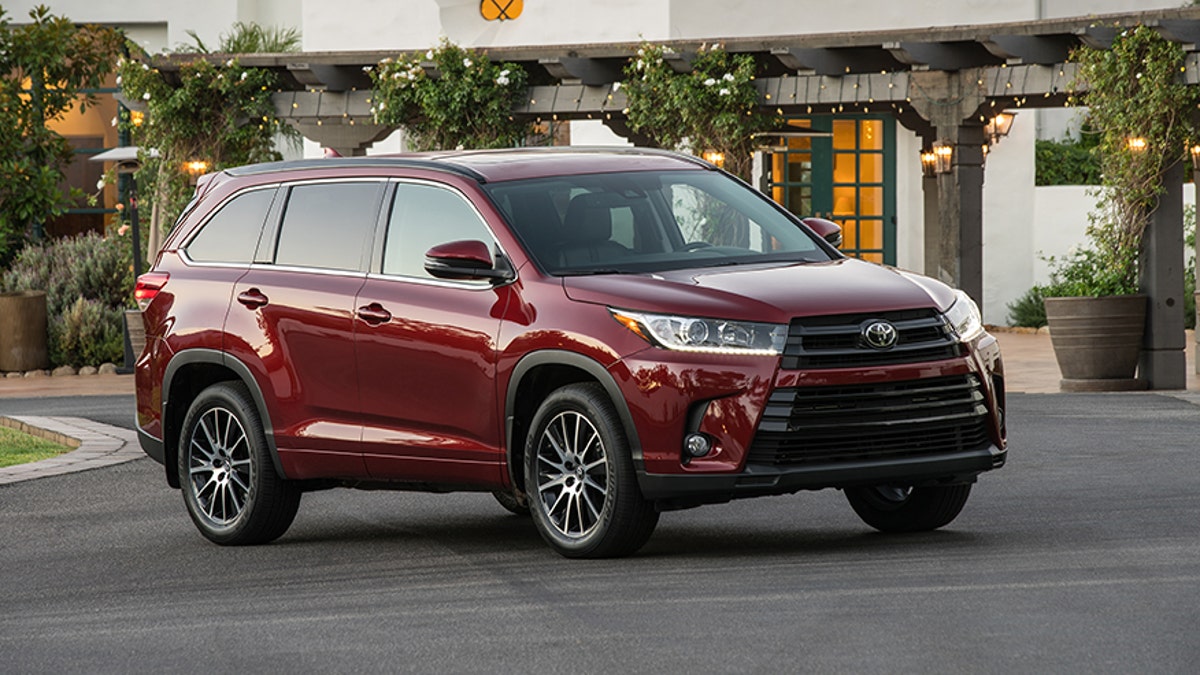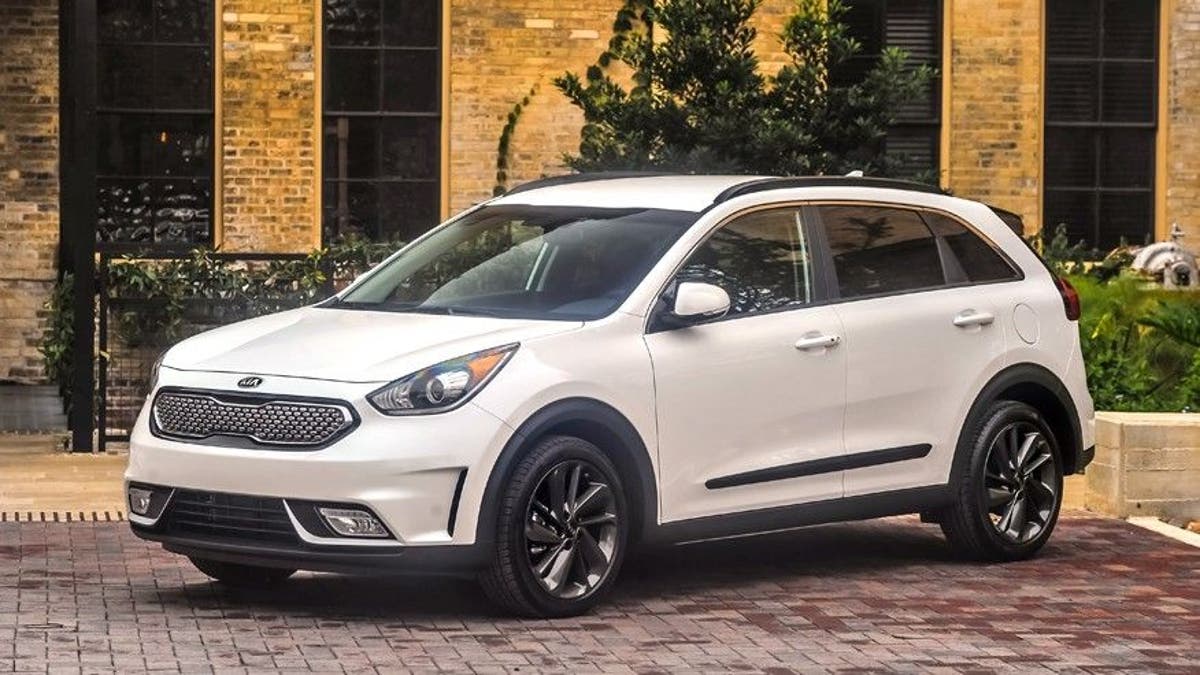
2017 Toyota Highlander (Toyota)
Toyota and its luxury sister brand Lexus took the top two spots in the latest Consumer Reports reliability rankings, marking the fifth year in a row that one of Toyota's makes has led the list.
Kia, Audi and BMW filled out the rest of the top five, while Cadillac, GMC, Ram, Dodge and Volvo were ranked the lowest.
Complaints about infotainment systems and new transmissions plagued the lowest-ranked automakers, while Toyota's slow and steady implementation of new technologies paid off with high marks.
Consumer Reports predicts reliability of 2018 vehicles based on a survey of subscribers who owned or leased 640,000 vehicles from the 2000-2017 model years. It forecasts how a model will perform based on recent data for that model.
The magazine gives more weight to mechanical and safety issues than minor problems like wind noise.
The magazine's rankings are closely watched in the industry, since many buyers seek advice from Consumer Reports.
Jake Fisher, Consumer Reports' director of auto testing, says Toyota's strategy of adding new technology gradually — instead of all at once — helps make its vehicles more reliable. Toyota's new Camry sedan, for example, has an eight-speed transmission that was first tested on the Highlander SUV.

2017 Kia Niro. (Kia)
Kia has also steadily climbed in the rankings because it uses proven technology that has already been tested by its sister brand, Hyundai, which slipped in the rankings. Consumer Reports found that the Kia Niro hybrid, which went on sale earlier this year, was the most reliable vehicle in its entire survey.
Audi and BMW also have better-than-average infotainment systems because they were some of the first to market them more than a decade ago.
"They've had all those growing pains," Fisher said.
By contrast, Buick dropped from third to eighth in the rankings because of troubles with its new 2017 LaCrosse sedan, which has a new eight-speed transmission, new engine and new electronic shifter, among other features. Fisher said other recent Buicks, like the Envision, went on sale in China or Europe first and got some kinks worked out before heading to the U.S.
Electric cars escaped some of those reliability problems because they have fewer parts. General Motors Co. didn't fare well overall, but its new Chevrolet Bolt electric car had above-average reliability. In its debut on the list, Tesla Inc.'s Model 3 sedan got an "average" reliability score. The car isn't widely available yet, but the magazine based its ranking on responses for the company's Model S sedan, which has above-average reliability.
"There's a lot of stuff that's not in electric cars. They're simpler," Fisher said.
Chrysler was the biggest climber in the rankings, thanks to consumer reviews of its new Pacifica minivan. Acura fell the furthest, hurt by problems with the transmissions on several of its new models.
The Associated Press contributed to this report